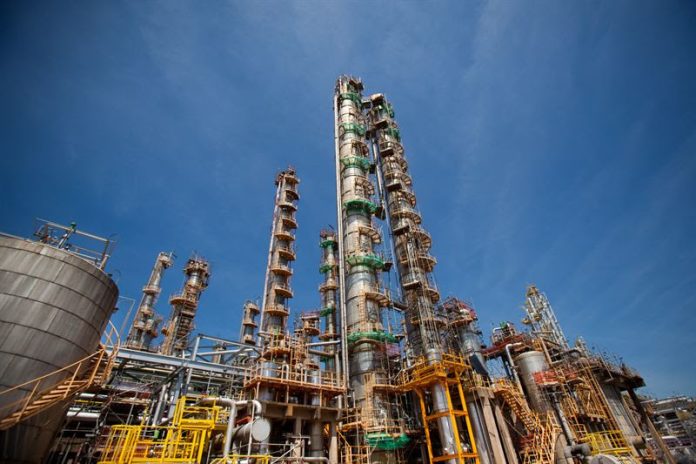As industrial pollution continues to threaten India’s water and soil resources, Hyderabad-based KEP Engineering (KEP) is emerging as a key player in the move toward sustainable wastewater management. Collaborating with some of India’s leading manufacturers, KEP has deployed more than 550 wastewater treatment systems across 35 industrial sectors, driving the push toward Zero Liquid Discharge (ZLD) — a process that eliminates liquid waste and enables the recovery of reusable water and resources.
India’s industrial sector discharges an estimated 850–900 million litres of wastewater every day, much of it containing hazardous chemicals, heavy metals, and harmful organic pollutants. Without proper treatment, this wastewater can severely impact public health, aquatic ecosystems, and agricultural productivity. While the Central Pollution Control Board (CPCB) has issued guidelines, inconsistent enforcement makes broader ZLD adoption both an environmental responsibility and a strategic necessity.
“Treating wastewater isn’t just about meeting regulations anymore — it’s about doing the right thing for the environment. We’re proud to work with companies that recognize the importance of protecting India’s water future,” said Malu Kamble, Managing Director of KEP, a leader in industrial liquid waste treatment.
KEP’s ZLD solutions are powered by advanced technologies such as Multi-Effect Evaporators (MEE), Agitated Thin Film Dryers (ATFD), Mechanical Vapor Recompression Evaporation (MVRE), and custom-built Effluent Treatment Plants (ETPs). These systems are tailored to handle complex wastewater generated by industries ranging from pharmaceuticals and chemicals to automobiles, steel, textiles, food processing, and solar manufacturing.
The company’s R&D team has also developed a next-generation MEE system featuring CIGAR technology, aimed at delivering significant energy savings, lowering operational costs, and reducing emissions and carbon footprints.
Globally, nations like Germany, the Netherlands, and Singapore have established strong frameworks for industrial water reuse, with ZLD playing a central role in their circular water economy models. In China, where water stress and industrial pollution parallel India’s challenges, ZLD has become mandatory in several high-polluting industries.
KEP’s strategy is in step with these global standards, emphasizing decentralized, on-site treatment systems that reduce infrastructure strain while maximizing environmental benefits.
“Our systems aren’t just designed to meet Indian regulations — they’re built to perform at the level of leading international standards,” Kamble added. “We focus on compliance, but more importantly, on building a sustainable future.”
As India’s National Green Tribunal (NGT) tightens oversight and ESG (Environmental, Social, Governance) norms gain traction, the pressure on industries to innovate has never been higher. KEP is helping businesses meet these expectations with turnkey solutions, real-time monitoring, and remote service capabilities, allowing them to confidently navigate evolving sustainability demands.
“We don’t just provide equipment — we help companies transform,” Kamble said. “Our mission is to support Indian industries in growing responsibly, sustainably, and in balance with nature.”
As India advances toward its goal of becoming a $5 trillion economy, integrating sustainable water practices into industrial development will be essential. KEP’s technology-driven, partnership-focused model offers a clear roadmap for achieving industrial growth without compromising ecological well-being.















